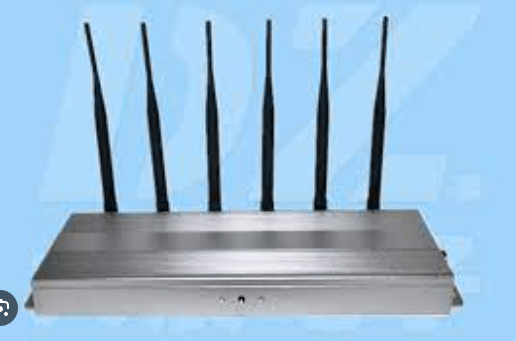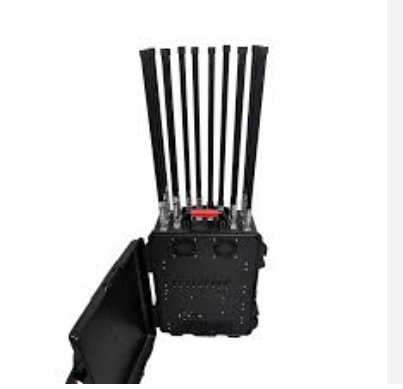10 mobile phones smuggled daily to Tihar jail inmates, reveals senior Delhi Police officer
On Wednesday, Chief Minister Arvind Kejriwal gave the green light for the creation of a 10-member expert committee, headed by the director general (prisons), to choose the most efficient signal jammers to prevent prisoners in Delhi jails from using mobile phones. Officials familiar with the matter revealed this development.

The formation of this committee shows the Delhi government’s commitment to curb the illegal use of mobile phones in prisons, with signal jammers being a potential solution to this problem. This committee will comprise of experts who will test and evaluate various types of signal jammers available in the market before selecting the most effective one for deployment.
It is worth noting that the use of mobile phones by prisoners has been a persistent issue in Delhi and other parts of India. In the past, several instances of prisoners using mobile phones to coordinate illegal activities from behind bars have come to light. Hence, the implementation of signal jammers is an essential step towards ensuring the security and integrity of the prison system.
“The Delhi government has approved the formation of a committee to study technology and use it. Professors from IIT Madras and IISc Bangalore, scientists from Defence Research and Development Organisation (DRDO), experts from Cryo Deflashing and Allied Technologies (C-DAT), officers from Intelligence Bureau (IB) and Special Protection Group (SPG) will be members of the committee under the chairmanship of DG (prisons) Sanjay Beniwal. This committee will recommend the technology to implement a complete jammer system in jails,” the Delhi government said in a statement.
Delhi has three prison complexes–Tihar, one of the largest prison complex in the world, Rohini prison complex and Mandoli prison complex. According to authorities, these prisons currently house around 18,000 inmates.
The move comes after the prisons department sent the Delhi government a proposal for the constitution of a high-level technical committee to find and test solutions to strengthen the signal jammer system in the Capital’s jails. The committee will ascertain how effective the new technology is in blocking incoming and outgoing calls, SMS and data services in the jail premises, and study the technology to block mobile signals including the 5G network, the government said.

Police usually recover 100-200 cellphones a year during raids, a police officer said, adding that prison authorities, however, recovered at least 348 cell phones from prisoners across the three complexes – – Tihar, Rohini and Mandoli–in the last two months alone.
According to another senior Delhi Police officer, at least 10 mobile phones are smuggled into Tihar jail by various methods. “Most mobile phones are smuggled in by inmates’ visitors. For high-profile inmates, phones are smuggled in with plates of food or packets of clothes,” he said, asking not to be named.
He added some inmates pay phone smugglers 10 times the actual cost of the mobile phones. “They download a software to convert the number into an international one and hide the location of the phone. Some inmates use these phones to make extortion calls. According to a rough estimate, inmates of Tihar jail reportedly extort people for at least ₹100 crore a year,” he said.

The officer added that jammers could never be installed properly inside Tihar as the residents’ welfare associations in neighbouring areas often complained to authorities about poor network and low connectivity.
When contacted, DG (prisons) Sanjay Beniwal, who will be heading the committee said that the best and hassle-free technology will be adapted to prohibit illegal usage of mobile phones. “We are going to use foolproof technology in the signal jammers. Our mission is to create a ‘phone-free Tihar’ by 2023,” he said.
When asked about whether the new jammers will create any connectivity issues for the residents in the surrounding areas, Beniwal said that unlike old technology, the new and advanced jammers can determine and fix the area of restriction of the mobile networks. “However, one can’t rule out connectivity issues in the surrounding areas,” he said.